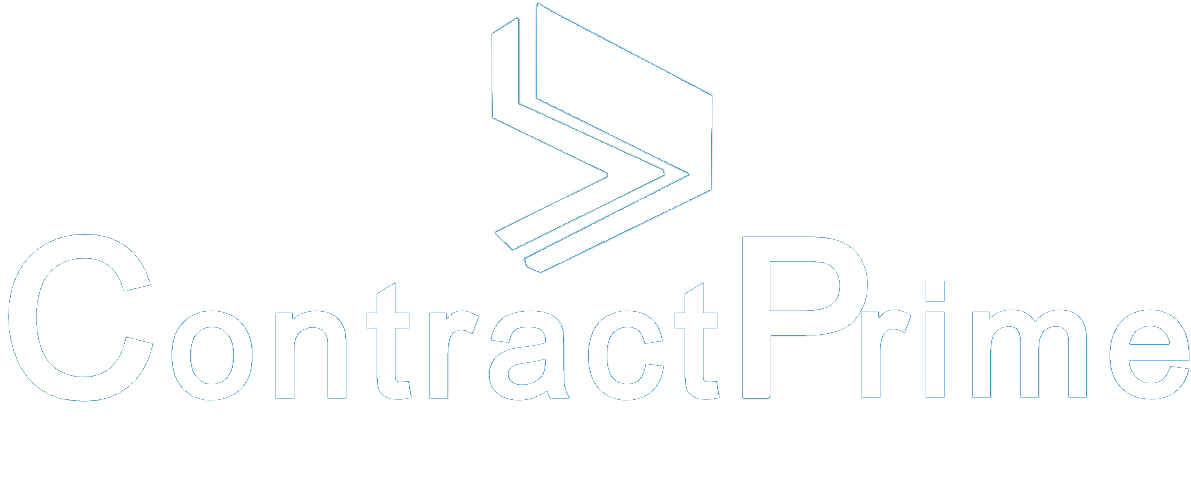Empowering CLM to Redefine Contract Management and Legal Operations
In the ever-evolving landscape of business operations, legal teams are undergoing a transformative shift in their approach to contract management. The conventional method of treating every contract as an emergency is giving way to a more strategic perspective, driven by the utilization of Contract Lifecycle Management (CLM) systems. By delineating the scope of legal work and leveraging CLM technologies, legal departments are embracing a proactive role, focusing on complex agreements while empowering other sectors to handle routine contracts independently.

Written by Knowledge Team, posted on February 10, 2024
Defining the Scope of Legal Work
Modern legal teams are stepping away from the reactive response model and actively defining the parameters of their involvement. This involves establishing clear rules and guidelines, designating which contracts warrant direct legal oversight. By adopting a strategic advisor role, legal professionals can concentrate their efforts on the nuanced complexities of high-stakes agreements, contributing significantly to the organization’s overall strategic goals.

Strategic Advisership Over Reactive Responsiveness
Shifting away from the traditional reactive stance, legal departments are positioning themselves as strategic advisors. The emphasis is no longer on responding to every contract as an emergency, but rather on providing specialized insight and guidance for complex agreements. This recalibration ensures that legal expertise is reserved for matters that genuinely require it, fostering a more efficient allocation of resources and a streamlined legal workflow.

Removing Standard Contracts from Legal’s Desk
A fundamental aspect of this paradigm shift is the liberation of legal teams from the routine burden of handling standard contracts. The strategic decision to allow other departments to manage these contracts independently relies on providing them with the right templates, guidance, and, critically, leveraging automation through Contract Management Software.

Embracing Automation with CLM
CLM emerges as a pivotal tool in this transformative journey. By automating routine tasks and approvals, CLM systems empower legal teams to set predefined rules and workflows for different contract types. This automation expedites the contract lifecycle, ensures consistency, and mitigates the risk of errors. With the integration of CLM, legal professionals can trust the system to generate standard contracts based on pre-approved templates, freeing up valuable time for more strategic endeavors.

The Role of CLM in Contract Management
Contract Lifecycle Management systems serve as the linchpin in this revolutionary approach to legal management. These systems provide a centralized platform for creating, negotiating, and storing contracts. By entrusting standard contracts to CLM, legal teams can enhance efficiency, reduce operational costs, and channel their expertise towards high-value, strategic tasks.
Legal Request Management: A Proactive Approach
In the era of strategic legal advisory, the traditional model of reacting to legal request management as they arise is being replaced by a proactive approach. Legal teams are leveraging CLM systems to establish streamlined processes for legal request management. By defining the types of requests that require legal involvement and setting up automated workflows within CLM, legal professionals can prioritize their attention, ensuring that their expertise is directed toward high-impact issues while routine requests are handled efficiently.

Self-Service Legal Resources: Empowering Other Departments
Empowering other departments to access legal resources independently is a crucial aspect of the modern legal landscape. With the right tools and guidance, teams across the organization can navigate standard contracts, compliance documents, and legal guidelines without constant reliance on the legal department. CLM systems play a pivotal role in facilitating self-service contract generation by providing user-friendly interfaces, clear templates, and automated workflows, ensuring that other departments can handle routine legal matters with confidence.

The Role of CLM in Legal Request and Self-Service
Contract Lifecycle Management (CLM) systems extend their capabilities beyond contract creation and management to encompass legal request handling and self-service. These systems serve as centralized hubs where legal professionals can efficiently manage incoming requests, set up automated responses, and track the progress of each request. Moreover, by providing self-service capabilities, CLM systems empower employees across the organization to access and utilize legal resources without constant intervention from the legal department.
Efficiency, Consistency, and Risk Mitigation
The integration of CLM in legal request management and self-service not only enhances efficiency but also ensures consistency and mitigates risks. By automating routine processes and providing standardized templates, CLM systems enable legal departments to maintain a cohesive and compliant approach to legal matters. This not only saves time and resources but also minimizes the potential for errors and discrepancies in legal processes.

Conclusion
The future of legal operations lies in a proactive, strategic approach, and Contract Lifecycle Management (CLM) is at the forefront of this evolution. By embracing the capabilities of CLM systems, legal teams can redefine their roles, optimize efficiency, and contribute significantly to the success of the organization. This paradigm shift marks a new era in legal management, where technology and strategic thinking converge to unlock the full potential of legal operations.
